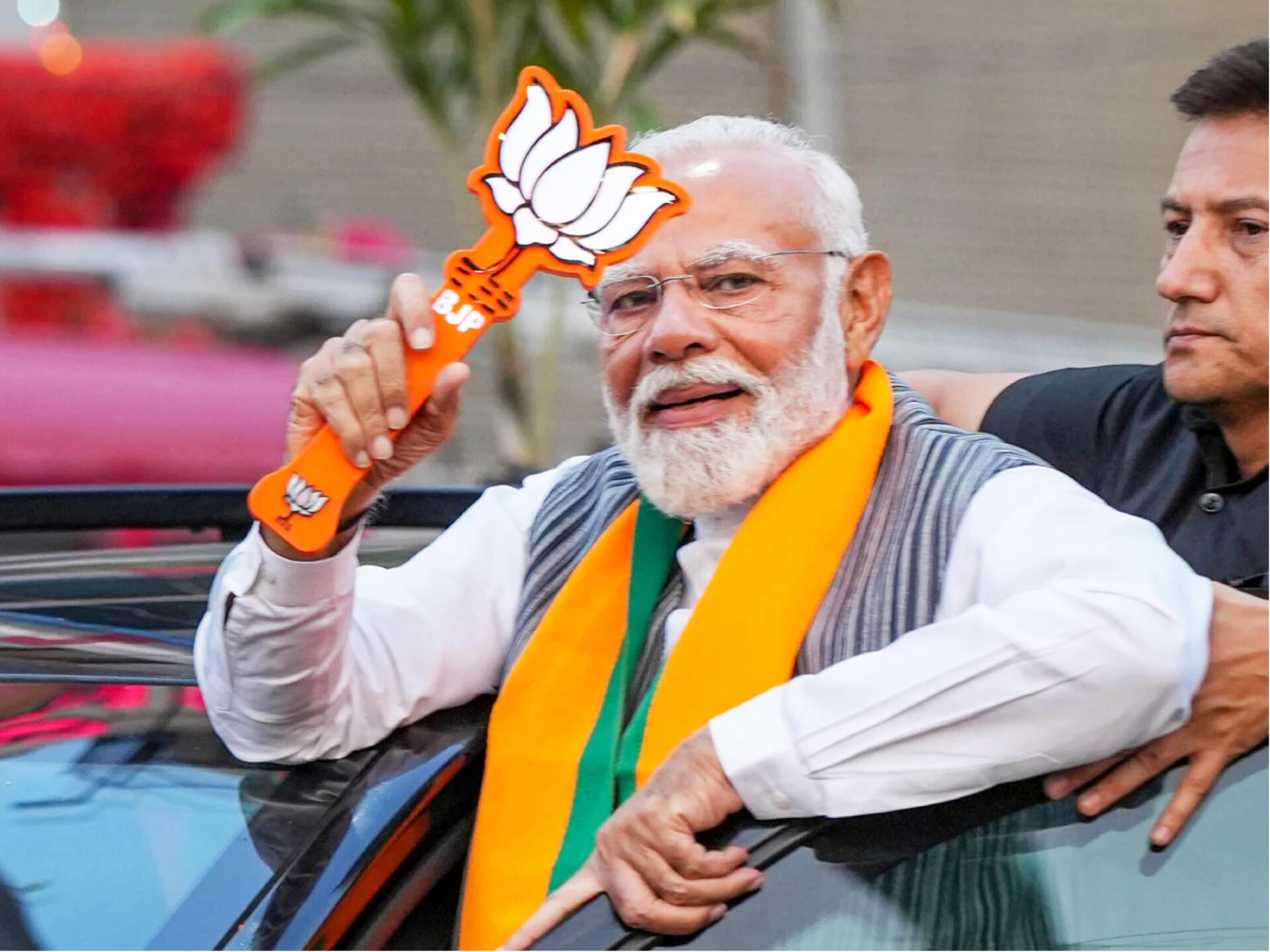“Appreciation or no appreciation, I am born to organise these young men; nay, hundreds more in every city are ready to join me; and I want to send them rolling like irresistible waves over India, bringing comfort, morality, religion, education to the doors of the meanest and the most downtrodden. And this I will do or die”
In 1894, Swami Vivekananda wrote a letter to Shri Haridas Viharidas Desai, Diwan of Junagadh, from Chicago, sharing his vision for the country’s youth. Swamiji had envisioned a way to utilize the strength of our youth for the betterment of our country. Over the past decade, our youth have achieved great success in various sectors due to government’s continued commitment to the youngsters. To further channelise their strength for our country, the Union Budget 2024 has introduced various schemes and programs. This Budget has undoubtedly prioritized ‘Youthonomics’ in the Modi way, giving the highest emphasis on the youth by the government.
India boasts the world’s largest youth population, necessitating the upskilling of this demographic to align with the growing demands of various industries. Upon assuming office, the Narendra Modi government inherited a total of ten schemes under the Ministry of Youth Affairs and Sports, leading to significant administrative challenges during their execution. Consequently, in 2015-16, the government undertook a restructuring process, consolidating the schemes into three comprehensive programs. This strategic move allowed for a more targeted approach towards the holistic development of the youth, facilitated by enhanced funding allocations. The total allocation for Ministry of Youth affairs and sports stands at Rs 3442.32 crores in the Budgetary estimates of 2024-25 over Rs 3396.96 crores revised estimates of 2023-24. Apart from the Ministry, there were lot of schemes and programs aimed at empowering the youth and making them capable of meeting rising global demands.
The special package announced by the Prime Minister is considered the most significant gift for the youth. This package serves as the foundation of Youthonomics. The provision of a one-month wage to new employees in all formal sectors, distributed in three installments totaling up to Rs15,000, is anticipated to benefit 210 lakh young individuals. This wage assistance will help alleviate the financial burden associated with starting a new job, instilling confidence in the youth that the government is attentive to their needs.
Additionally, the prompt enrollment of new employees into social security schemes will ensure their well-being. The government’s initiative to reimburse EPFO contributions of employers, up to Rs 3000 per month for a period of two years for all new recruits, is projected to create a minimum of 50 lakh job opportunities. In addition to supporting employees, the government has also extended assistance to deserving employers. Consequently, this package will foster a conducive environment for business operations and provide new entrants with a favorable work environment.
20 lakh young individuals will receive training over a span of 5 years according to the Budget. This initiative will prepare these ambitious individuals to contribute to the development of a skilled India. Collaboration with industries through the training program will further drive the mission, empowering our youth to excel on a global scale. Internships have become an essential component of the modern world. Many successful business leaders, like Ursula Burns who led Xerox from 2010 to 2017, started their careers as interns at the same company.
Being an intern provides valuable exposure at a young age and a diverse range of experiences. Coupled with the advantages of youth and a growing skill set, this will facilitate the youth in advancing up the corporate ladder effortlessly. The government of India has introduced an Internship program with this vision in mind. The program aims to offer internship opportunities in 500 leading companies to 1 crore young individuals over 5 years. Participants will receive a monthly allowance of Rs5,000 along with a one-time assistance of Rs 6,000 from CSR funds. This initiative will effectively utilize CSR funds to identify and mentor future talents, ensuring not only their secure future but also the economic progress of our nation. The scheme is a unique endeavor to nurture upcoming global leaders from India.
The new tax proposals will bring significant benefits to the younger generation. The rise in standard deduction will particularly help those young individuals who are part of the New Tax scheme. This will result in an increase in their take-home pay, leading to higher spending. The Anusandhan National Research Fund will promote research within the country and enhance our technological capabilities globally. Our institutions will become centers of research, fostering numerous innovations across all sectors. The emphasis on capital investment will also create more indirect job opportunities for the youth.
The expansion of Mudra loans and the focus on the MSME sector will empower many young entrepreneurs to thrive in Modi’s India. Prime Minister Modi’s budget caters to all sectors and promises a bright future for the country. The reforms outlined in the budget will accelerate the progress of our nation, with the youth at the forefront. This budget, tailored to the needs of the aspiring youth, will propel our country towards advancement. For Prime Minister Modi, Youthonomics is not just a concept, but a practical approach that underscores the ongoing dedication to mentor the future citizens of tomorrow.

